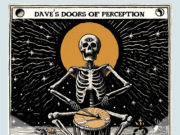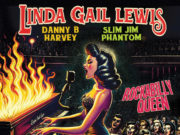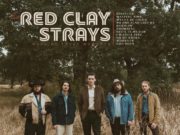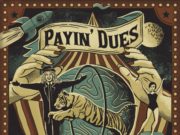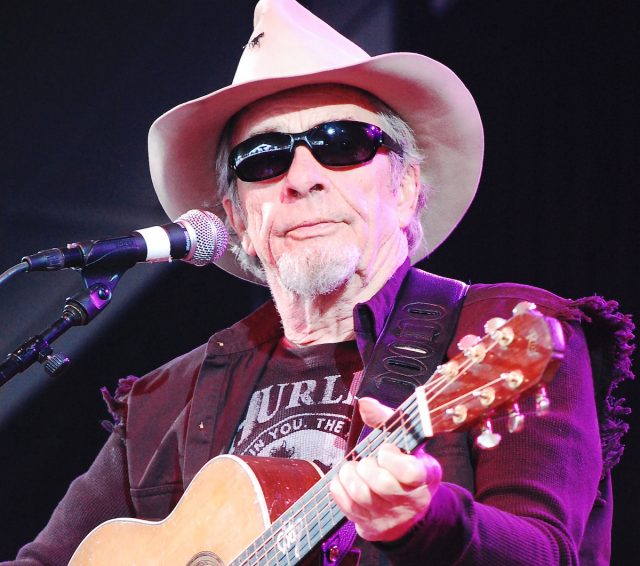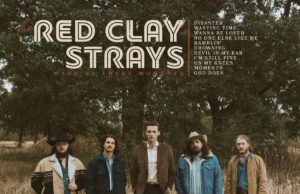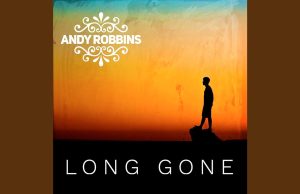Since Ken Burns’ latest superb music documentary series Country is airing this month, I figured it made sense to pull out some interviews I’ve done with country legends over the years. Here’s a chat I had with the one and only Merle Haggard back in 2010, several months before he was deservedly rewarded at the Kennedy Center Honours. This was actually our second conversation; I was also fortunate enough to speak to him back in 2001. This one was a bit more general and wide-ranging, so I chose it — but both times he was down-to-earth and forthright, which almost always makes for a good interview. On this occasion, he was also in a surprisingly philosophical and metaphysical frame of mind, which can make for an even better interview. I certainly think it did in this case. Hope you agree.
Merle Haggard is not the man he used to be. And that’s just fine with him. “I’m certainly not the same old boy,” says the country legend from his Northern California home. “I’m no longer what I was years ago. I’m an old guy. And I may in some ways have more wisdom. If we were chosen to be certain people back in the first Earth age, I must have been a good guy, because I got to be somebody interesting in this life. It’s been tough and it’s been hard and it’s been glorious — but it’s never been boring.”
He can say that again. From his hardscrabble youth in Depression-era Bakersfield and infamous stint in San Quentin — where the convicted armed robber turned his life around after seeing a Johnny Cash prison concert — to his five-decade career, membership in the Country Music Hall of Fame and recent battle with lung cancer, the Hag has lived a memorable life. And he’s never shied away from documenting it — for better and worse — in autobiographical numbers like Mama Tried and Sing Me Back Home. Nor has he shied away from voicing his political opinions in everyman anthems like Okie From Muskogee and The Fighting Side of Me.
The singer-songwriter’s latest release I Am What I Am is cut from the same rough cloth. As simple, direct and philosophical as its Popeye–Zen title suggests, it captures Haggard musing on everything from societal decay to the joys of love — along with the occasional shot of Mexican tequila and a few wistful glances down memory lane. A few days after his 73rd birthday, Haggard got on the blower to talk about self-acceptance, songwriting and surviving cancer. Here’s how it went:
Do you know how many albums you’ve made now?
No, I don’t. Somebody told me it was 70 or 71. But that includes all the different repackages and things. I think really, I’ve made about 40. I remember going to 30, but that was the last time I thought about it. I probably should know, but it has not been my top priority.
The self-acceptance of I Am What I Am — did that come gradually or was there a moment of revelation?
It’s come with time. That’s why God invented time; so everything wouldn’t happen at once. And my life has been a real interesting script, to say the least. Everything went really smooth for the first 10 years, and nothing’s been ordinary since. My first few years on my own were quite rough. Then in my 20s, things turned around, and there haven’t been a lot of bad days since then.
Do you regret the hard times and mistakes, or do you embrace them because they helped make you who you are?
Well, somebody could tell me what it was like to be in the war, but I’ll never know because I wasn’t in the war. But I was abused and pushed around and put in a cell and kicked in the ass. I had those things done to me. And they taught me what life’s all about. Any time I get to thinking I’m really smart, I just remember those days and realize I’m not smart at all. I’m just very fortunate to have risen.
If you hadn’t hit bottom like you did, would you have risen as far?
I don’t know. They say we have a parallel universe, so it may have occurred somewhere else.
Where did these songs come from?
Well, songs never announce their birth, you know. I don’t ever sit down with a pen or a guitar and try to sweat something out. They just come — and you never know when. I’ve had songs that started on the way to the bandstand, and I’ve had people with pens and paper in their hands writing the lines down as I spoke them, and then I had to go out and do a 90-minute show while trying to remember the melody. It’s like a divine intervention. Somebody hands me this once in a while. It doesn’t happen often.
Did that happen with any of these songs?
They’re mostly just ones I’ve written. They weren’t divinely delivered. But they’re written with experience. And from experience. They’ve all come about in the last three years.
Do you take a similar approach to recording?
The song dictates its own recording. It calls for certain things and its personality dictates how it will be recorded. And as years go by, a song becomes a living being — I have songs that have been recorded 500 times. They have lives of their own.
How’s your health? You sound good for a guy who had lung cancer surgery in 2008.
I feel just as good as I ever did — I don’t feel like I look! But I’m fortunate. The cancer was in an enclosed area and they got it out and didn’t damage the rest of my lung. I didn’t have to do chemo. And I’ve felt good since, so I’m not going to go back and see if they can find anything. If it happens, it happens. I’m 73, and they say you’re supposed to live to be 72, so I’m already a year ahead. For some reason or another, the old man upstairs wants me here. But he can pull that switch whenever he’s ready. I just hope I can live up to whatever I have left to do here.
You’re almost the last man standing among your peers. Do you feel a responsibility to carry the torch for your style of music?
Well, I do feel like the last one standing. Me and Willie and Ray and George. But things are not done the way we did ’em anymore. And probably never will be again. But so be it. Things change.
Your career has lasted almost 50 years. How do you want to be remembered?
I just wanna be remembered as a guy who tried to be as honest as you can be. I’ve given my life for music. And I’m in it for life. I’ll be here until I go out. I’m a lifer.


